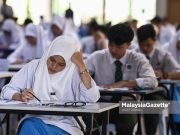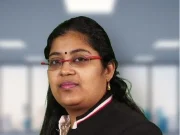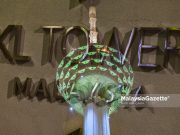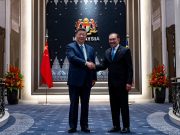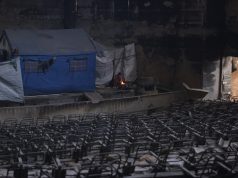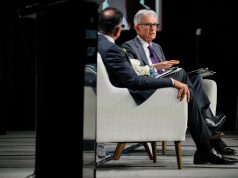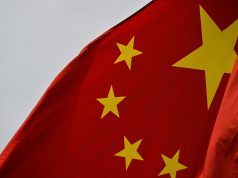KHAPLU – Two elite Japanese mountain climbers fell from Pakistan’s K2, officials said on July 28 after a rescue team in a helicopter spotted the motionless pair but was forced to turn back.
Veteran mountaineers Kazuya Hiraide and Kenro Nakajima were attempting an ascent of the jagged western face of the world’s second highest mountain using an expert climbing style prioritising speed and relying on minimal fixed ropes.
But on July 27 “they fell from a height of 7,500m”, Alpine Club of Pakistan (ACP) secretary Karrar Haidri said in a statement.
“A helicopter rescue was attempted, however the heli could not land,” said Mr Wali Ullah Falahi, the deputy commissioner for Shigar district, which encompasses the 8,611m K2.
“Upon close inspection, the bodies of the two climbers were spotted, and it was determined that there was no movement. The heli then turned back,” he told AFP.
No organisation, as yet, has confirmed that the pair are dead.
“The pilot said the two men can be seen, but their status was unclear,” the firm said in a statement. “We are currently reviewing how we will rescue them.”
Rescue attempts are extremely risky on K2, even on the south-eastern ridge, which is the most common route climbers take to the top.
The western face is a more vertical and exposed rock face, and has only been successfully scaled once before by a Russian team in 2007.
The ACP said Mr Hiraide and Mr Nakajima had both won multiple Piolets d’Or awards – described as “the Oscars of climbing” – for their feats of sportsmanship.
They “meticulously planned and trained for their K2 expedition, underscoring their dedication to pushing the boundaries of high-altitude mountaineering”, the ACP said.
During this summer climbing season, three other Japanese climbers have died in Pakistan – all on the 7,027m Spantik mountain, which is also in the Gilgit Baltistan region.
Pakistan is home to five of the world’s 14 mountains above 8,000m, including K2, which is considered a more difficult ascent than Everest, earning it the nickname “Savage Mountain”. AFP

